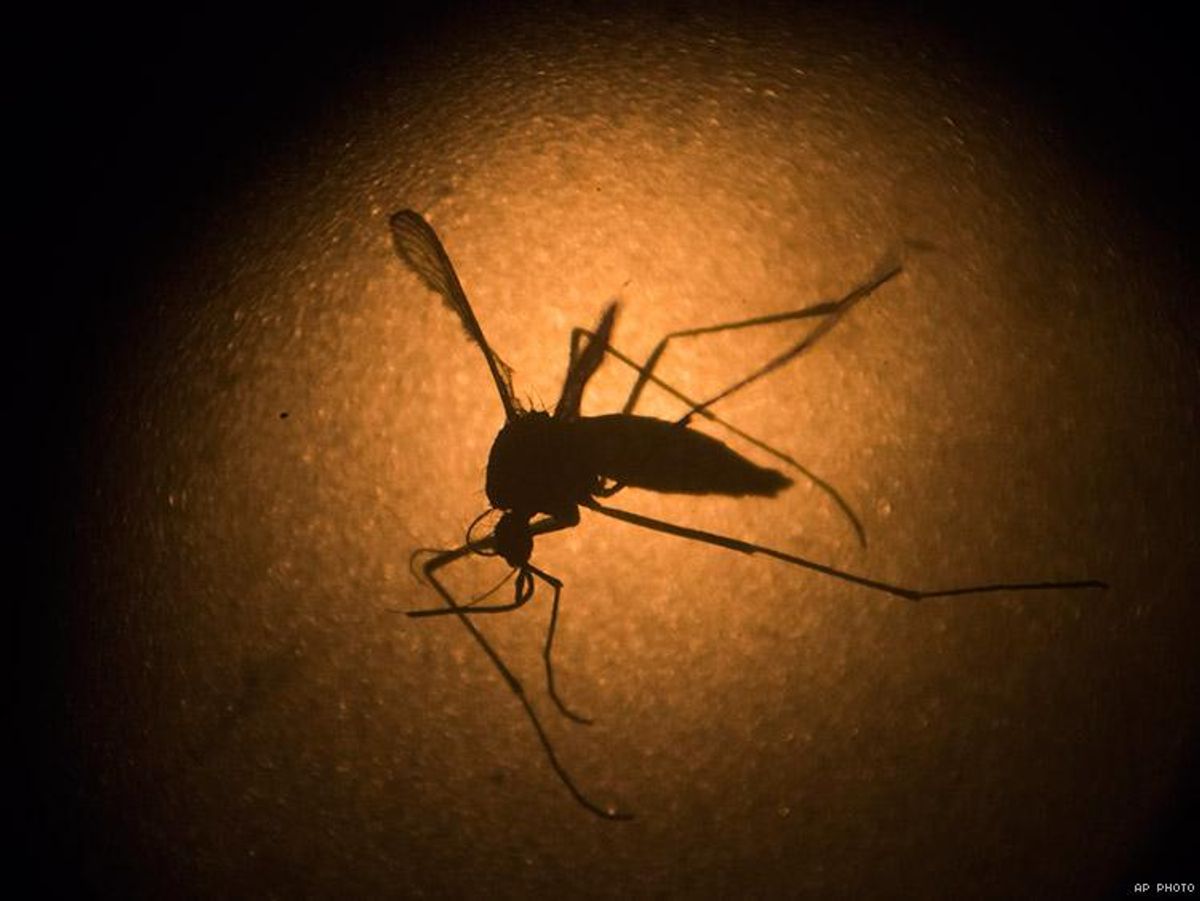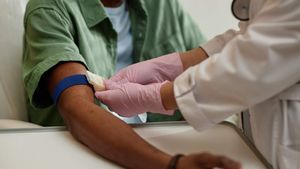Zika. The mosquito-borne and (we know now) sexually transmitted virus has the medical community buzzing, and pregnant women terrified. Do the rest of us need to be worried too? Plus magazine’s Elaine Rita Mendus sits down with William Smith, executive director of the National Coalition of STD Directors (NCSD) to find out and learn more about this developing epidemic.
Last year, Zika swept into the public conscious almost overnight, and it felt as though the Brazil epidemic exploded out of nowhere. But that’s not really the case. The Zika virus is not new, nor is it some sort of superbug. According to the Centers for Disease Control and Prevention (CDC's page on Zika, the virus first appeared in 1947, and was named for the region in Uganda, Africa, where it was first discovered. Sixty-nine years later, the virus has, In the words of Smith, "gained its robust punch" that has turned a footnote in a medical journal into an alarming concern.
“I’m not sure that Zika is much different from other viruses.” Smith muses, adding that there was a major Zika outbreak in French Polynesia, in 2013. But, he admits, “what happened in Brazil last May was…unique, and different... Something’s going on there.”
That’s why this outbreak raised alarms, particularly with reports that the disease — which is typically transmitted through mosquito bites — could also be sexually transmitted. But Smith says discovering it can also be sexually transmitted is no surprise to those in the know.
Zika is transmitted through mosquito bites, like West Nile or dengue fever. When asked about transmission through sexual activity, Smith explained that transmission through semen is not a surprise.
“Testicles are just a really inviting place for viruses…It’s the same for HIV, and it’s just, essentially, much more difficult for any curative treatment, whether an antibiotic or antiretroviral drug, the testes, and as a result, semen, tend to be reservoirs.”
It has recently been discovered that Zika can be transmitted between men. This is the first recorded transmission of Zika between men, and is the second recorded transmission of the virus between persons engaged in sexual activity.
However, Smith explained that Zika is not something to worry about in most instances. It is a virus which has a “limited impact” on the general population. There is no documented risk for lesbians, however, caution is still recommended. There is no recorded instance of transmission through other fluids, such as vaginal discharge, or urine, and there is no record of women infected with Zika spreading the virus through sexual activity.
More good news comes from Dr. Artur Timerman, a doctor of infectious diseases and President of the Brazilian Society of Dengue and Arboviroses, who told the International AIDS Society, “I personally have followed two HIV patients diagnosed with the Zika infection, who have no complications at all. I did not observe any impact of their Zika infection in terms of virological or immunological parameters.” In other words, although people living with HIV may be susceptible to contracting Zika, so far the disease doesn't seem to impact HIV-positive people's health.
So, the primary concern about Zika remains transmission to pregnant women, and those who may become pregnant, due to the high incidences of microcephaly, a birth defect that causes children to be born with unnaturally small heads, and associated brain damage. This risk is one of the major birth defects that the CDC recently confirmed, and the agency warns pregnant women against traveling to regions under impact from Zika.
Smith stresses, “If you are a man and have come back from the region, and are having sex with a pregnant woman, or someone trying to become pregnant, use condoms and seek out testing to see if you are positive.”
Although avoiding mosquitoes — and/or areas where there are Zika is present — is the best way to prevent exposure, heterosexual couples in Brazil are encouraged to use condoms and avoid pregnancy as long as the epidemic continues. Even the pope has come out in support of birth control under these conditions, probably the first time the Catholic church has ever take such a step.
Before the CDC conclusion, Smith had expressed concern, for what he called a “rush to endorse” the link between Zika and microcephaly, He pointed out that the connection between Zika and the condition was not well documented. There have certainly been many cases of microcephaly where Zika is not a factor.
“This is something that we’ve gone through before, with things like West Nile Virus,” Smith says, reiterating that Zika is just another disease, not a deadly plague.
In the event that the situation changes course and Zika does, indeed, become a serious health risk, Smith noted that public health organizations, like NCSD, are working to craft response plans.
In fact, now that the CDC has found Zika in most of the U.S. (see our map here), New York City's Department of Health has launched an intense public awareness campaign, and the Senate is pushing a 1.1 billion bill for emergency Zika funding. Other responses have been more relaxed, while surveillance systems are being put into place to monitor for impacts on the general population, education and awareness are being used to combat Zika — and the fears around it.


































































